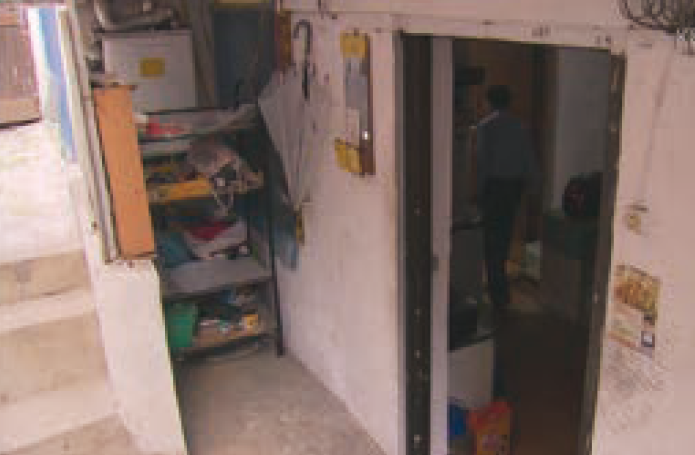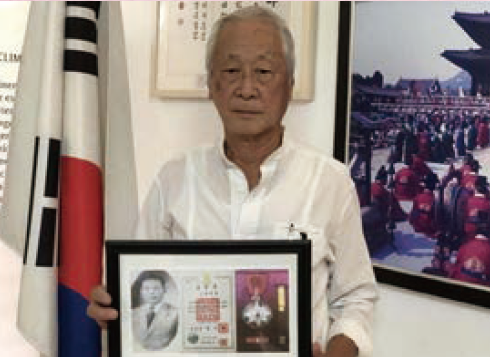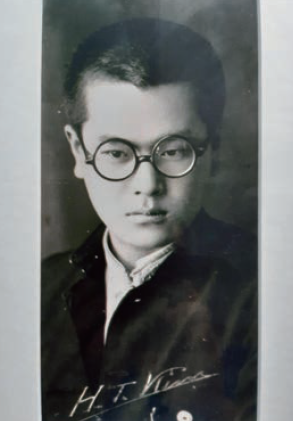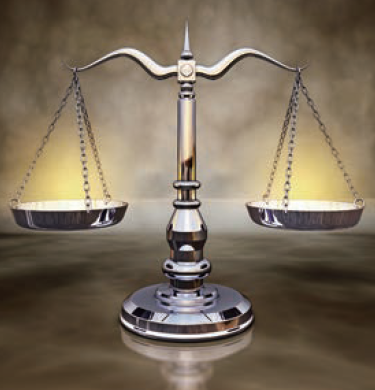Simsan Kim Chang-suk, the founder and the first president of Sungkyunkwan University (SKKU), was a Korean independence activist for most of his life. What were the lives of independence activists like, and how are the lives of their descendants now? Honoring the Patriotic Martyrs’ Day on November 17th, the Sungkyun Times (SKT) will introduce the independence merit system, the hardships of the descendants, the problems of the system, and possible solutions.
How Descendants of Independence Patriots Live Today
What Is an Independence Merit System?
Independence patriots fought for Korea’s independence during the Japanese colonial period from 1895 to 1945. The Korean government built the independence merit system to serve and honor independence patriots, who sacrificed their lives for the country, as well as their descendants. After establishing the Ministry of Patriots and Veterans Affairs (MPVA) in January 1985, the government systemized the independence merit system and started providing compensation. Nowadays, the MPVA awards activists through evaluation based on the level of contribution to the independence movement. For example, the spouse of an independent patriot in the first degree of the Order of Merit for National Foundation is given a monthly allowance of $2,074. Meanwhile, those in the fifth degree are awarded $1,208. In addition, the system provides medical care, educational support, and employment assistance. If children or grandchildren of patriots attending university achieve grades over 70% during the previous semester, they get tuition waivers. Moreover, if they are unable to get employed due to their old age or disease, they are given an advantage during job applications.
Descendants Struggling Due to Poverty
Even with such support descendants of, independence patriots still encounter financial and social obstacles; hence, the merit system must be revised. After sacrificing most of their property for the nation’s independence or being tortured in prison, most independence patriots were financially unstable. Consequently, many of the descendants of independence patriots still live in poverty. According to Hankook Ilbo’s research conducted in 2015, 74.5% of descendants were classified as a low-income group with a monthly income of under $1,394. Furthermore, their education level is poor due to this financial strain. A Hankook Ilbo survey by the great-grandchildren of independence patriots stated that, only 32.1% had acquired a high school diploma or higher. Above all, since most of them cannot prove that they are the descendants of independence patriots due to insufficient documents, the system is useless. Thus, a change in the system is crucial.

Limitations in the Independence Merit System
Difficulties in Discovering Descendants
Finding the descendants of the independence patriots is one of the greatest challenges. In the aftermath of the Korean War and the division of North and South Korea, countless records of the independence patriots have been damaged or lost. Furthermore, numerous descendants of independence patriots worked abroad during the independence movement, and much of their data were lost in the during the immigration process. Due to this, many people are unaware that they are descendants of independence patriots. For example, Antonio Kim, the grandson of independence pariot Manuel Kim, did not realize his grandfather’s real name was Kim Se-won. Hence, he could not receive financial rewards for a long time. In addition, despite knowing they are descendants of independence patriots, it is difficult to prove this due to language barriers and spatial constraints. Another factor that aggravates the situation is the lack of policy research and professional labor forces in the MPVA and private institutes. According to the 2020 parliamentary audit, the patriot discovery team consists of only 11 members. It is expected to take almost 10 years to evaluate the subjects added each year. Therefore, numerous independence patriots have not been discovered yet, and many of their descendants have not received their rightful
compensation.

Ambiguous Evaluation Criteria
Furthermore, the system has been criticized for its ambiguous criteria when selecting beneficiaries. According to the MPVA, all candidates should meet the following three conditions. First, they should be able to prove their contributions through official documents. Second, they must not have committed any controversial acts before death. Lastly, it should be confirmed that their independence movements were active. Most official documents that prove their contributions are medical or trial records. However, they are mostly unavailable today since most patriots could not even go to the hospital or attend their trials due to their historical background. Also, the government only shares a limited number of documents because of the Personal Information Protection Act, which makes it harder for the candidates to pass the evaluation. In addition, the criterion that proves that the candidates have not committed any controversial acts lacks objectivity; it does not mention the exact definition for “controversial acts.” For instance, the system received criticism when Kim Han-dong, who participated in the Gwangju Student Independence Movement in 1929, was rejected in the merit system for supporting socialism. Lastly, the extent of “active” independent movements is unclear. For example, measuring one’s “activeness” is difficult, as those who fought by publishing resistance poems and those who fought through the armed independence movement contributed to the action in their own ways. Due to the ambiguity of the criteria, many patriots and their families cannot receive their deserved rewards. Hence, it is important to re-establish the evaluation criteria.

Problem of Limited Eligibility for Rewards
Another problem with the system is that those eligible to the rewards are limited. The MPVA awards compensation to the eldest descendant, regardless of their standard of living. The problem with this principle is that having more than one descendant can create a situation in which the most senior receives all of the merits. In contrast, other descendants who are not the eldest but are more financially impoverished would be excluded from receiving such rewards. According to the 2021 Anti-corruption and Civil Rights Commission research, only 4.8% of all descendants selected as the eldest were categorized as people who have “difficulties in earning a livelihood.” Such a principle contradicts with the purpose of the system, which aims to help the independence patriots and their financially struggling descendants. Regarding this principle, a member of an organization that supports the independence descendants stated, “It is unfortunate that the system, which was built to enhance the livelihood of the patriots and their families, does not achieve its goal.” In addition, the MPVA is limiting the descendants who are subject to reward to the patriot’s spouse, children, grandchildren, and daughters-in-law, which creates the problem of equity. Specifically, there are many cases in which the compensation was awarded late, and all the descendants had already passed away. However, the compensation status can change due to delays in the process, which is a problem. Due to such issues relating to equity, many professionals suggest expanding the subject for rewards.

Future Direction of the Independence Merit System
Increasing Support for the Discovering System
To discover more independence patriots, the government must conduct research and expand investment to develop the discovery system and provide financial assistance to the research institute and professionals. The discovery process would be accelerated by recruiting additional professionals for the research institute. Especially for independence patriots’ descendants abroad, scholars in various fields, such as local historians and language majors, should cooperate in the process, and they should be provided with guidelines on the related policy. For instance, a Mexican historian, a Spanish interpreter, and an expert on the independence policy may collaborate to find the descendants of an independence patriot in Mexico. Mr. Jeon, a descendant of an independence patriot, stressed the need for policy research by mentioning that “if the government does not refurbish the discovery system and establish a practical policy, the descendants of independence patriots will not be able to receive their rightful compensation.” Thus, the government’s endless approach to discovering the descendants is crucial. With this support, the descendants of independence patriots who have been in the shadows will be able to rise to the surface.

Resetting the Evaluation Criteria
To solve the issues related to the evaluation criteria, it is necessary to secure the official documents that prove involvement in the independence movement and re-establish the criteria standards. First, to activate the evaluation process, the government should relax the Personal Information Protection Act and open official documents to the public. Furthermore, the criterion which states that candidates should not have participated in any controversial actions should be fixed appropriately and shared with the public. This will increase the objectivity of the evaluation points. For example, suppose the government sets objective standards such as pro-Japanese cooperation or criminal records and shares these with the public. In that case, the descendants will be able to check if it fits with their ancestors’ records. Finally, rather than looking for activeness , it would be better to establish clear standards that embrace all forms of independence movements. Through these standards, it will be easier to honor and determine the subjects of the independence patriot reward.
Expanding the Subjects of the Reward
To maintain the purpose of the system, the government should revise or abolish the “elderly, one person” principle and expand the subjects of financial rewards. For example, giving monetary compensation to the most financially unstable descendent would be a possible solution. Also, to solve the issue of equity in the system, the subjects of the rewards should be expanded. The second and third generations of the descendants who are alive should be subject to compensation as well. The Korean Associations for Patriots and Veterans Affairs Studies added to this idea by stating, “For cases in which the first generation descendent passed away and could not receive the reward, it would be fair to expand the reward provision until the third generation descendants.” Therefore, if the descendants can earn enough compensation by expanding the subject, it would reduce current financial issues among them and could fully honor the independence patriots and their families.
“Even if my fingernails are torn out, my nose and ears are ripped apart, and my legs and arms are crushed, this physical pain cannot compare to the pain of losing my nation.” These are the last words of independence patriot Yu Gwan-sun. To remember the glorious footsteps of the ones who endured all the tortures for the nation like Yu Gwan-sun, and to ensure that the descendants’ pride will not be in vain, the SKT hopes that the government and our society will value the compensation and courtesy of independence patriots.
